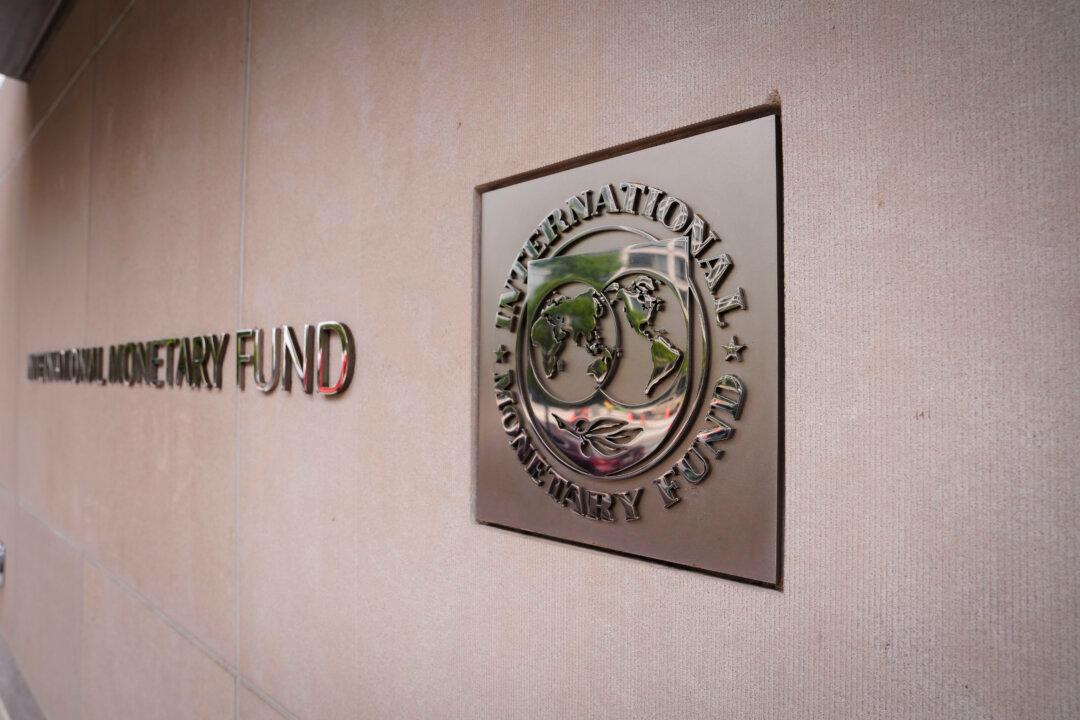The International Monetary Fund (IMF) will resume its annual economic consultations with Russia for the first time since 2021, a move that has sparked sharp criticism from several European nations.
The consultations, suspended following Russia’s invasion of Ukraine in 2022, will begin virtually on Sept. 16, followed by in-person meetings in Moscow later this month, IMF spokesperson Julie Kozak told a Sept. 12 press briefing in Washington, citing a more stable economic situation in Russia.





